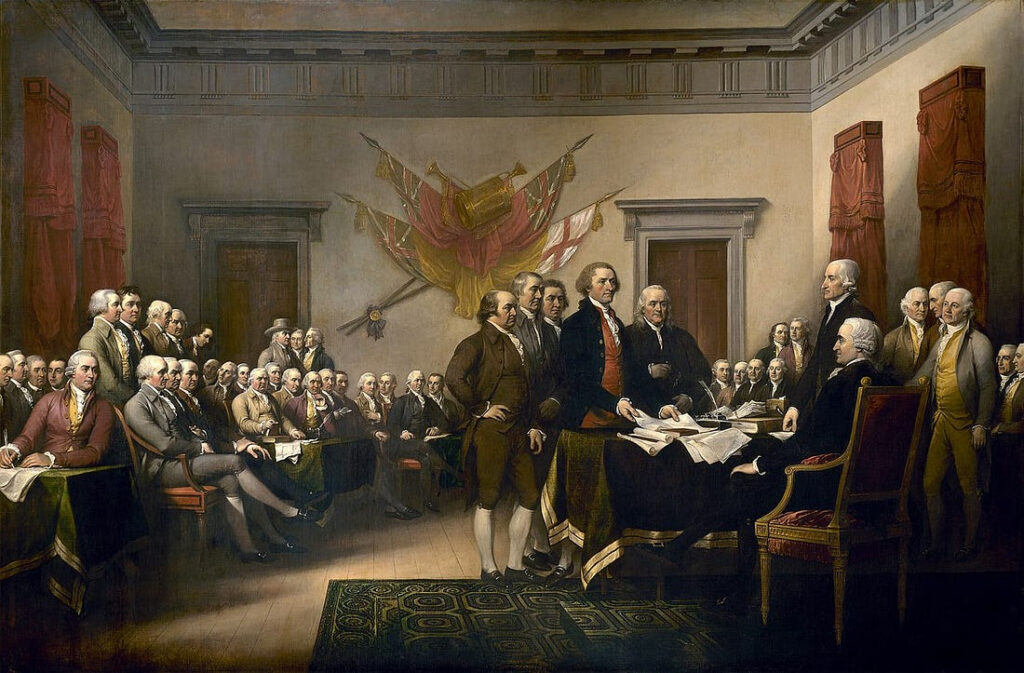3 Insights
“In both everyday and military events, your mind should not change in the least, but should be broad and straightforward, neither drawn too tight nor allowed to slacken even a little.” – Miyamoto Musashi, The Book of Five Rings
“When asked what form of training was most practised at Sparta, he said: ‘understanding of how to take orders and to give them.’” – Plutarch, On Sparta, Agesilaus
“Grief mustn’t build up in our souls like the water of a swamp.” – Vincent Vogh, in his letters to his brother Theodore
What I Learned this Week
In our modern world, we can cover 70 miles in an hour via car. Back in the day, a hard rider on horseback could only cover 50 miles in a day, and that was at the risk of exhausting the horse. Traveling by foot, a person could cover 15 to 20 miles per day if conditions were favorable and obstacles were limited.
Regardless of how fast you move, your journey will always take longer if you do not know where you are going. Having a destination is key to time well spent while you travel. Do not think of this only in the physical sense, but also mentally.
How do you slow down and choose your direction?
How do you push your pace without exhausting yourself and those around you?
How do you know in your heart and in your mind that you are moving in the right direction? All of these questions require effort. They require direction. They require consistent adjustments.
The Treason of 1776
It was the summer of 1776, and thirteen restless colonies simmered with discontent. Parliament has ignored their petitions, taxed their goods, and dismissed their rights. In Philadelphia, a group of men—patriots, rebels, and fathers—prepared to sign a document that could most certainly cost them their lives.
The Founding Fathers are sometimes referred to as the Sons of Liberty. Their idea of government was revolutionary. Their defiance was legendary. Ranging in age from 19 to 70, ten of the men were almost all born in Massachusetts, Virginia, and New York.
Benjamin Franklin, at Age 70, was the oldest delegate. He knew about the power of alignment; he knew how critical it was to focus on the common mission. United we stand, divided we fall are more than just words. This timeless wisdom has roots in the USA’s founding.
“We must all hang together, or, most assuredly, we shall all hang separately.” – Benjamin Franklin
Alexander Hamilton, the youngest around the age of 19, lived as an orphaned immigrant in New York. He wrote essays and organized militia units. Not yet married, he had no children. But his vision for the future was bold. He believed in merit over birth, in order out of chaos, and he fought not just for independence, but for the America he planned to shape.
James Madison and Alexander did not have children. Washington raised his wife’s two kids, around the age of 18 and 22, as his own. Thomas Jefferson had a 4 year old daughter. John Adams’ four kids ranged in age from 4 to 11. Franklin’s children were grown over the age of 35.
John Hancock, Samuel Adams, Roger Sherman, and Robert Livingston all had young children as well.
When these men signed the Declaration of Independence, they knew the cost: execution for treason, the loss of family, the destruction of fortunes, and uncertain victory.

But they also saw further ahead: to their children’s freedom and to a new world order born not of kings, but of citizens.
They were young and old, rich and poor, fathers and sons—and together, they ignited the American Revolution. Ordinary men and women are often called upon to make extraordinary decisions. Sometimes those are for the benefit of the public, other times they may only be for the benefit of you or your family. The idea that life can be lived without sacrifice and without suffering is ridiculous. Even with modern comforts, you must make a choice. You must declare your independence to live well. You must prepare.
“To the person who was asking how a man might best maintain his present favourable circumstances, he said, ‘By not trusting anything to Fortune.’”
– Plutarch, On Sparta, Leotychidas
Reflections
Do you have faith in your abilities to make the hard choice, or are you always looking for the easy way out? Think in decades, act in days.
The Real Con 129
